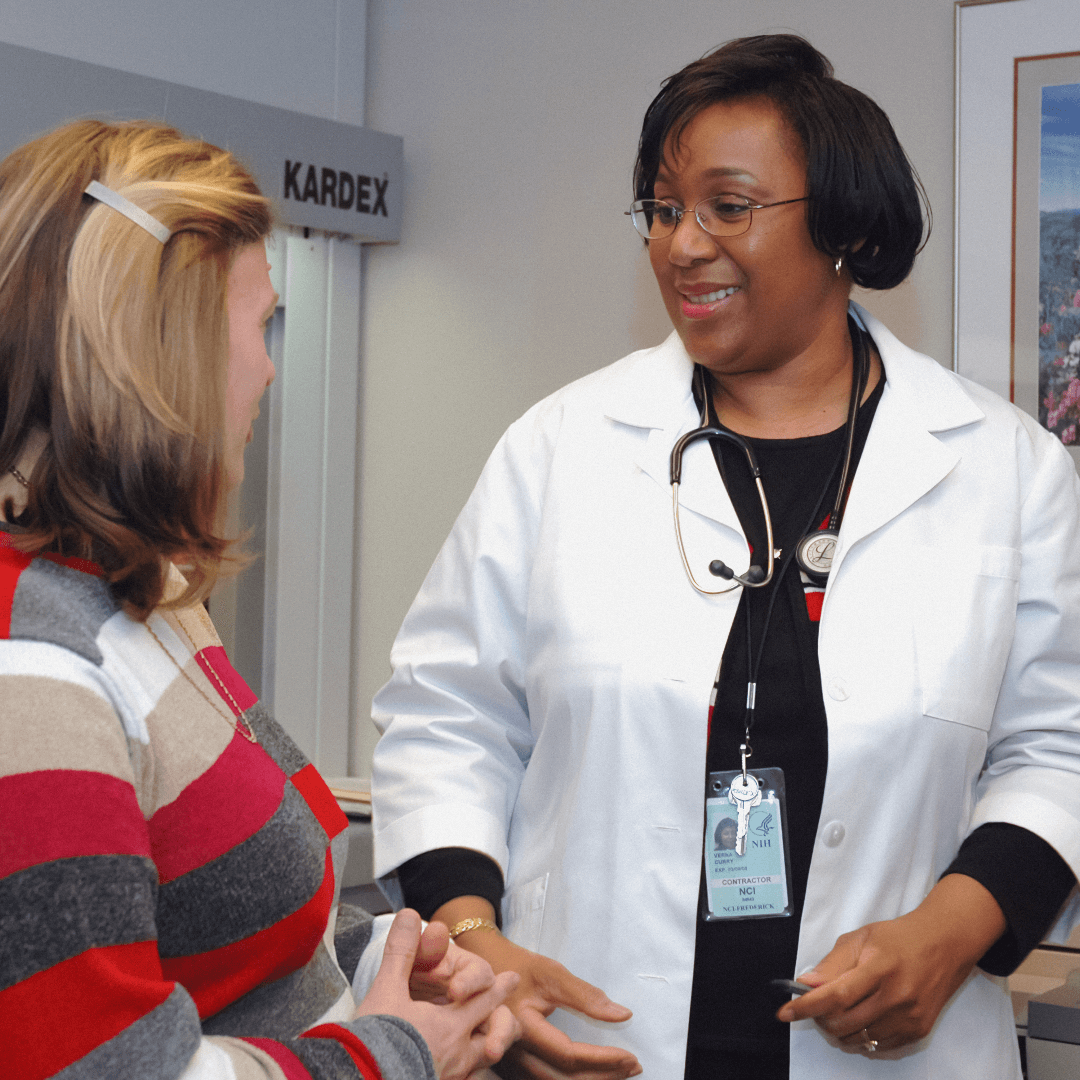The Future of Health Care: What If All Doctors Understood Good Nutrition?
Each year, more than 83 percent of US adults will have to visit a health care professional. The reasons for visiting health care vary greatly—some will require routine tests or an examination, while others will require thorough care and investigation. In total, doctors deal with about a billion people every year, and although many of these visits will always be important, some of them can be prevented with good nutritional advice. . After all, research suggests that the way we eat can have a huge impact on our overall health.
However, in September 2024, an expert panel of medical and nutrition experts published a study showing that US doctors were not “equipped” to give their patients proper nutritional advice. due to inadequate training. This not only costs people their lives, but it costs money as well. The study, which was published in the journal JAMA Network Opennoted that food-related illnesses cost the health services around $800 billion in 2019.
“My guess is that many patients think that their doctors are trained to advise them on nutrition and food choices, but this has not been part of their required training,” David Eisenberg , MD, lead author of the study and director of nutrition. Harvard TH Chan School of Public Health, said in a statement.
“It’s surprising that there are no nationally required nutrition skills within medical education,” he continued. “This is a surprising and significant gap, given the epidemic of obesity, diabetes, and other diet-related chronic diseases in this country, as well as their growing financial and social costs. .”
 Pexels
Pexels
The relationship between diet, health and disease
According to Yaa Boakye, RDN, nutrition consultant, physical therapist, and personal trainer, nutrition training varies by school, but the average US medical student “gets between 19 and 24 hours of nutrition education throughout their training of the week only.
However, the truth is that poor food intake is a major contributor to many chronic diseases in the US. The Standard American Diet (SAD), also known as the Western Pattern Diet, is high in saturated fat, sodium, refined grains, added sugars, red meat and processed meat, all of which are is associated with an increased risk of chronic diseases, such as type 2 diabetes, cancer and heart disease.
 Pexels
Pexels
SAD is best known for its high nutrient content. In fact, according to the Centers for Disease Control and Prevention, only 1 in 10 Americans eat enough fruits and vegetables. But these foods contain vitamins, minerals, fiber, antioxidants, and anti-inflammatory compounds, which can greatly help reduce the risk of chronic disease.
At the beginning of this year, the US News & World Report marked the Mediterranean diet as the number one diet to follow for the seventh year in a row, particularly for its emphasis on plant-based foods. “The Mediterranean diet focuses on the quality of food rather than a single nutrient or food group,” said the publication, which compiled its 2024 list with the help of more than 40 nationally recognized experts. “Many studies have shown that it reduces the risk of chronic health conditions, including heart disease and type 2 diabetes while promoting longevity and improving quality of life.”
Can more nutrition training help reduce and manage disease?
There is no doubt that along with other lifestyle factors, such as smoking, alcohol consumption and lack of exercise, poor nutrition can increase the risk of certain chronic diseases. But now, the health system in the US and much of the world is focused on treating diseases when they occur, rather than preventing them from happening in the first place.
“The ‘get sick and fix it’ model doesn’t work,” said Kristin Kirkpatrick, MS, RDN. Health line back in 2019. “A model needs to be ‘not sick’ and proper nutrition plays a big part in this.”
This is not the doctors’ fault, emphasized Boakye. It is a process sewn into the fabric of the health system. “The right solution integrates nutrition education into every aspect of medical training,” he explains. “Equipping doctors to approach patient care holistically.”
“Chronic diseases such as diabetes, heart disease and blood vessels are not just medical symptoms,” Boakye elaborates. It’s a life-changing situation that requires ongoing, complex decisions about food. Food is not just part of the equation—it’s essential.”
The bottom line is that food enters into every aspect of health care. It has a major role in prevention, but it can also play a major role in disease control. A high-nutrient diet is associated with helping to manage conditions such as endometriosis, polycystic ovary syndrome (PCOS), and even attention deficit/hyperactivity disorder (ADHD), for example.
 Pexels
Pexels
Boakye also points to conditions such as diabetes and high blood pressure. “Nutrient-rich diets that include whole foods, fiber and healthy fats play an important role not only in preventing disease, but also in managing these diseases,” he explains, noting that Dietary Approaches to Stop Hypertension (DASH) and fiber. -rich foods can play an important role in managing symptoms. He explains: “However, these steps often come too late. “It is only introduced after the patient has already taken many medications.”
The most recent one JAMA Network Open The study notes that making nutrition a priority in the health care system needs to start in medical schools. It highlights 36 essential skills in six areas that medical schools need to teach students. Classes include basic nutrition skills, nutritional assessment (knowing how to assess a patient’s nutrition without judgment), and public health. The latter involves understanding how other social factors may affect a patient’s access to healthy food.
 Pexels
Pexels
Research suggests that more than 40 million Americans live in “food deserts,” which are areas of the US with limited access to affordable, nutritious food and greater access to highly processed and fast food options. Because of this, studies show that people living in food deserts are at greater risk of diabetes, obesity, heart disease and cancer.
Boakye says: “The food is not limited. “Food choices are influenced by stress, social conditions, economic conditions and access to affordable food.”
In healthcare, collaboration is key
Doctors can’t do it all, either JAMA the study accepts this. It recommends that medical schools must also focus on teaching future doctors how to better collaborate with other health professionals, such as dietitians and nutritionists. According to Boakye, it would also be beneficial for doctors to spend time on rotations with nutritionists, which would give them more experience in nutritional counseling.
 National Cancer Institute | Unsplash
National Cancer Institute | Unsplash
“When doctors and nutritionists work together effectively, patients get more comprehensive care, and health outcomes improve,” Boakye says. only – it’s the future.”
For more stories about plants like these, read:
#Future #Health #Care #Doctors #Understood #Good #Nutrition

